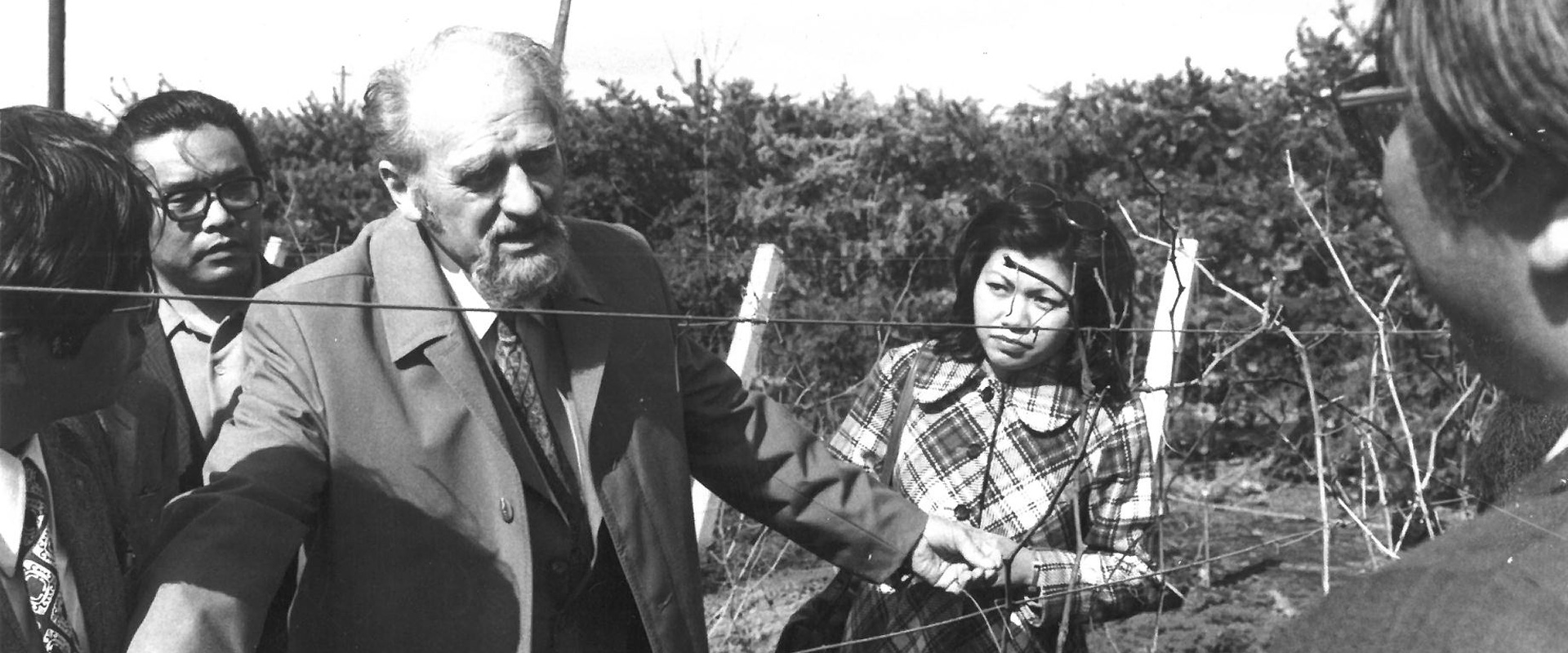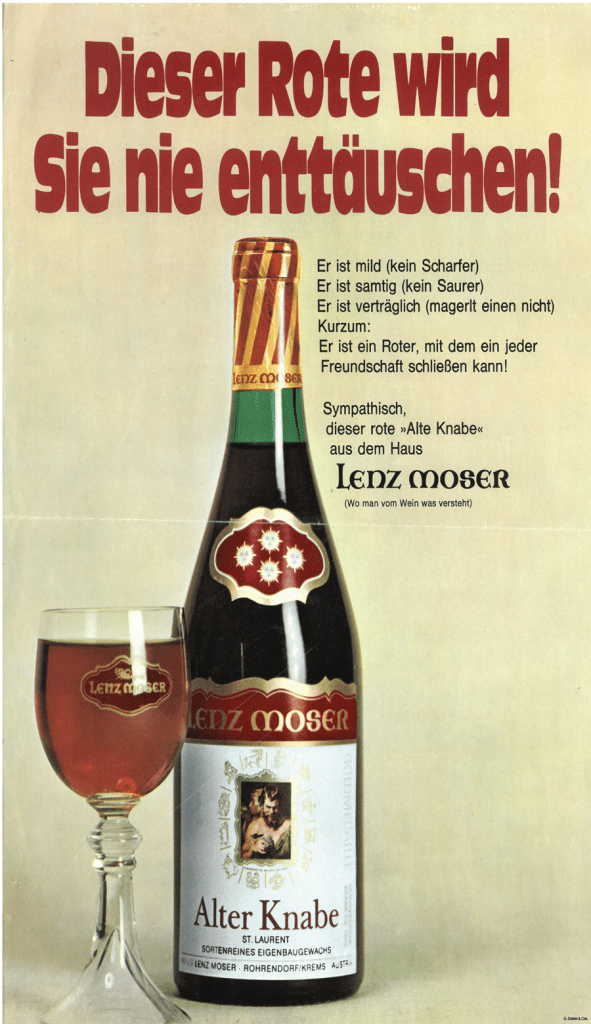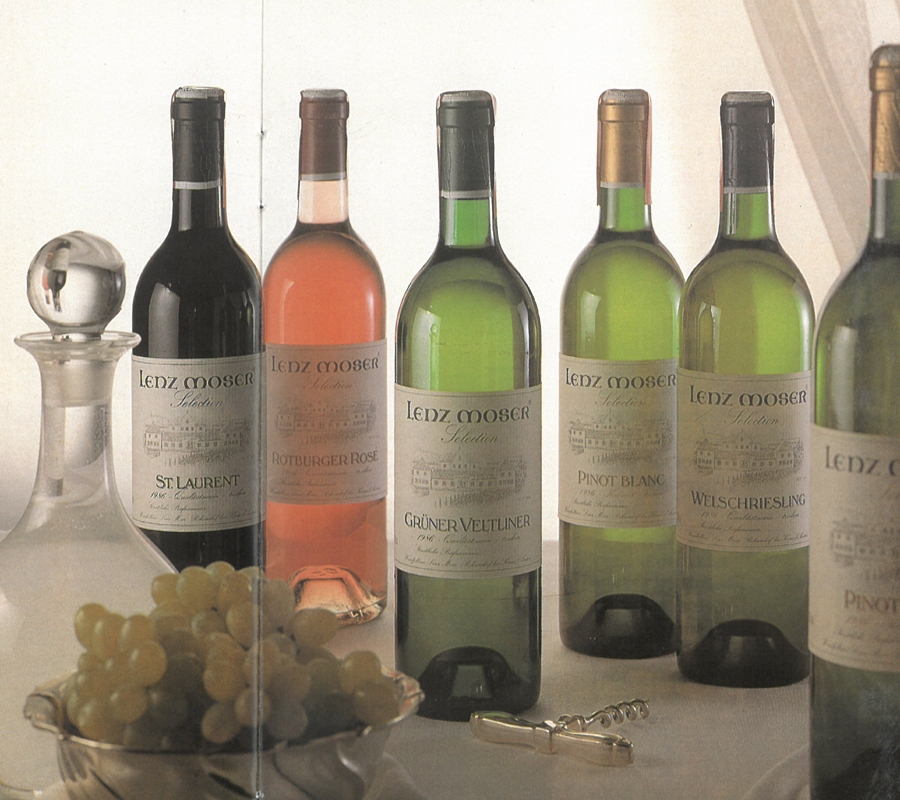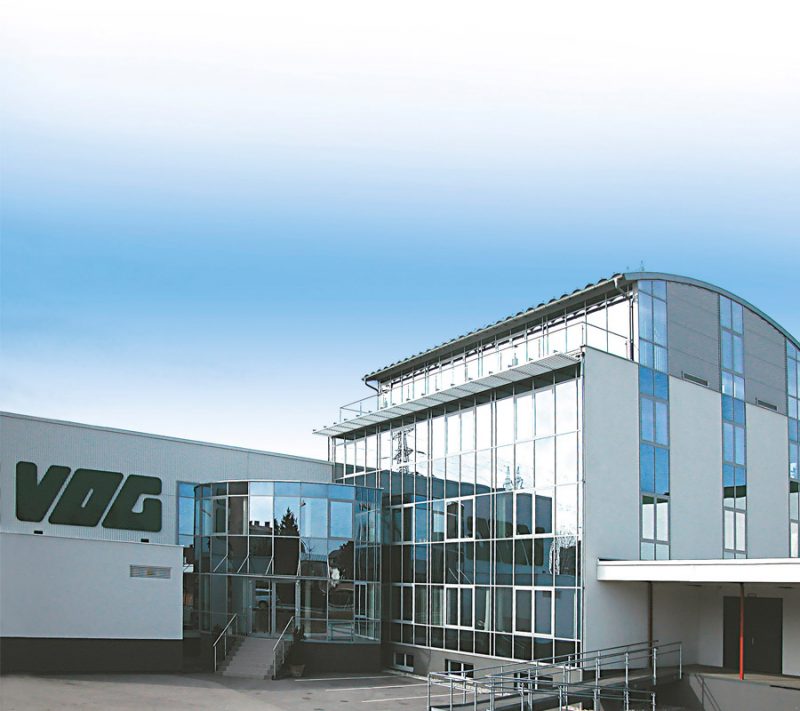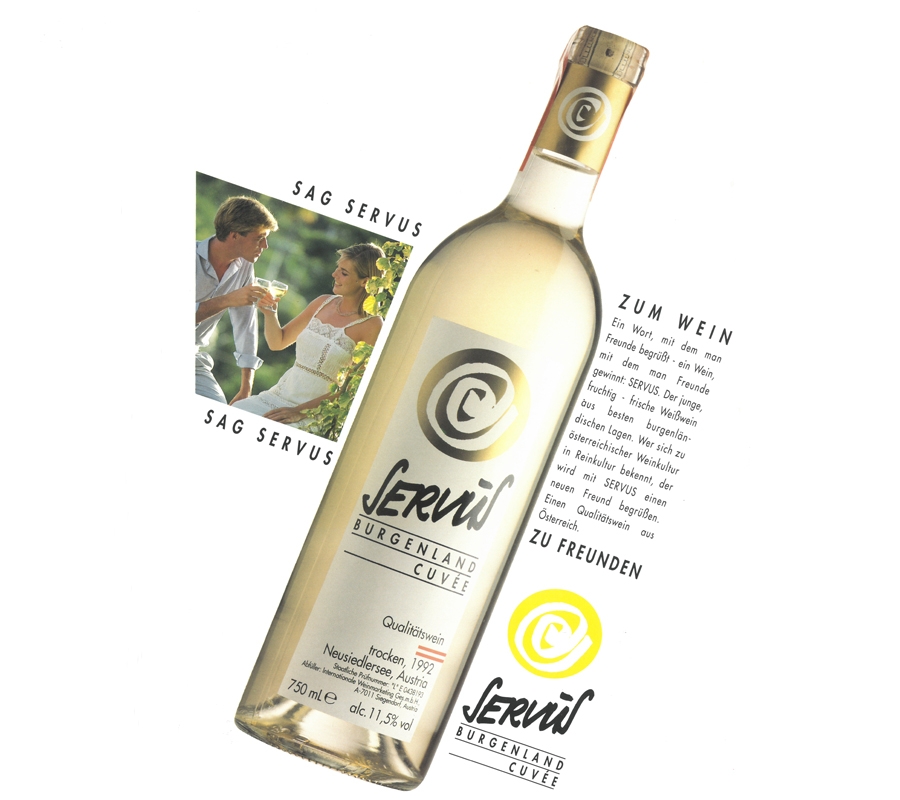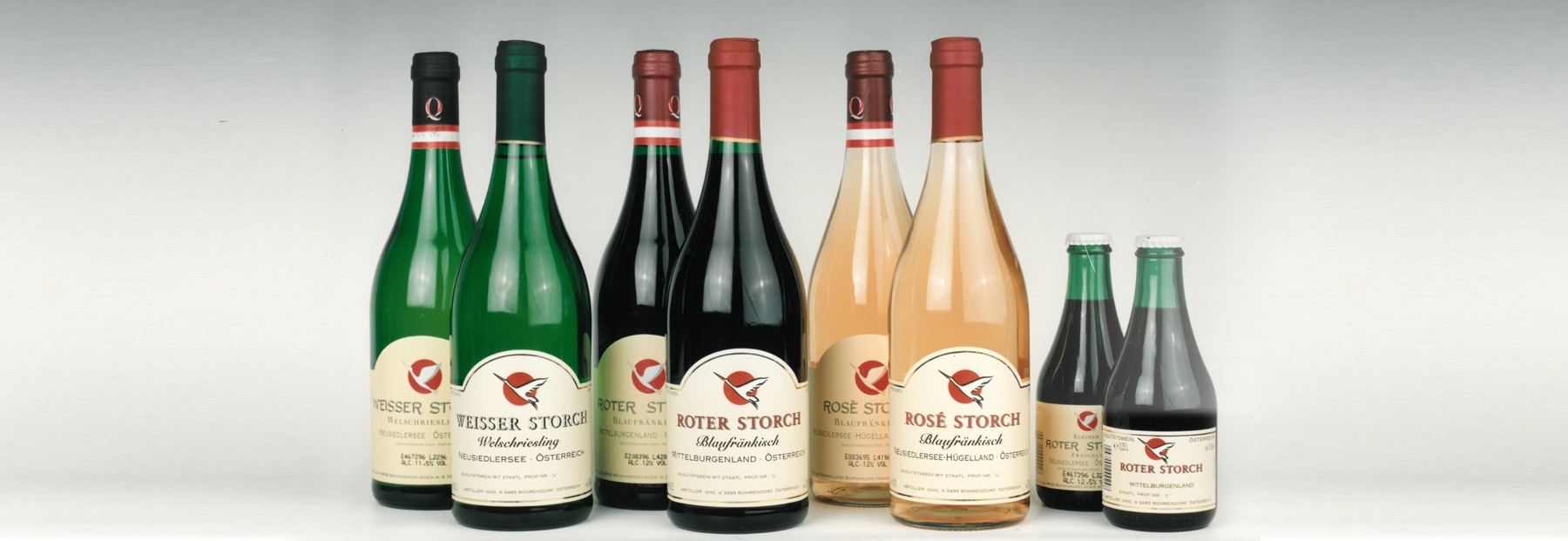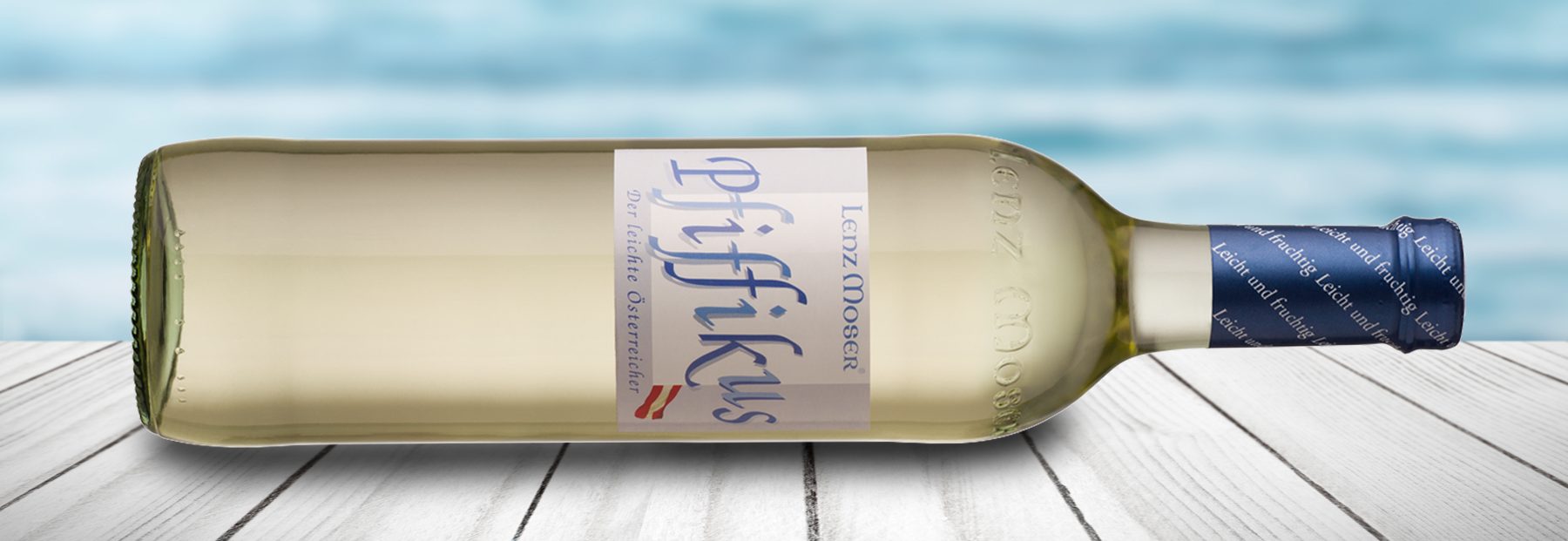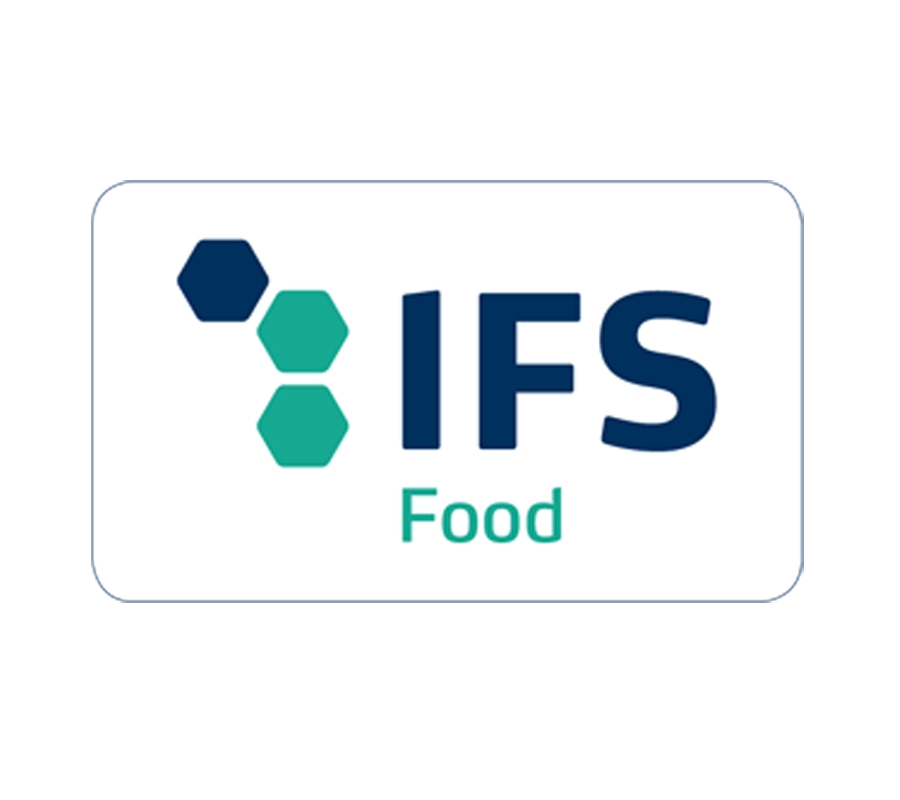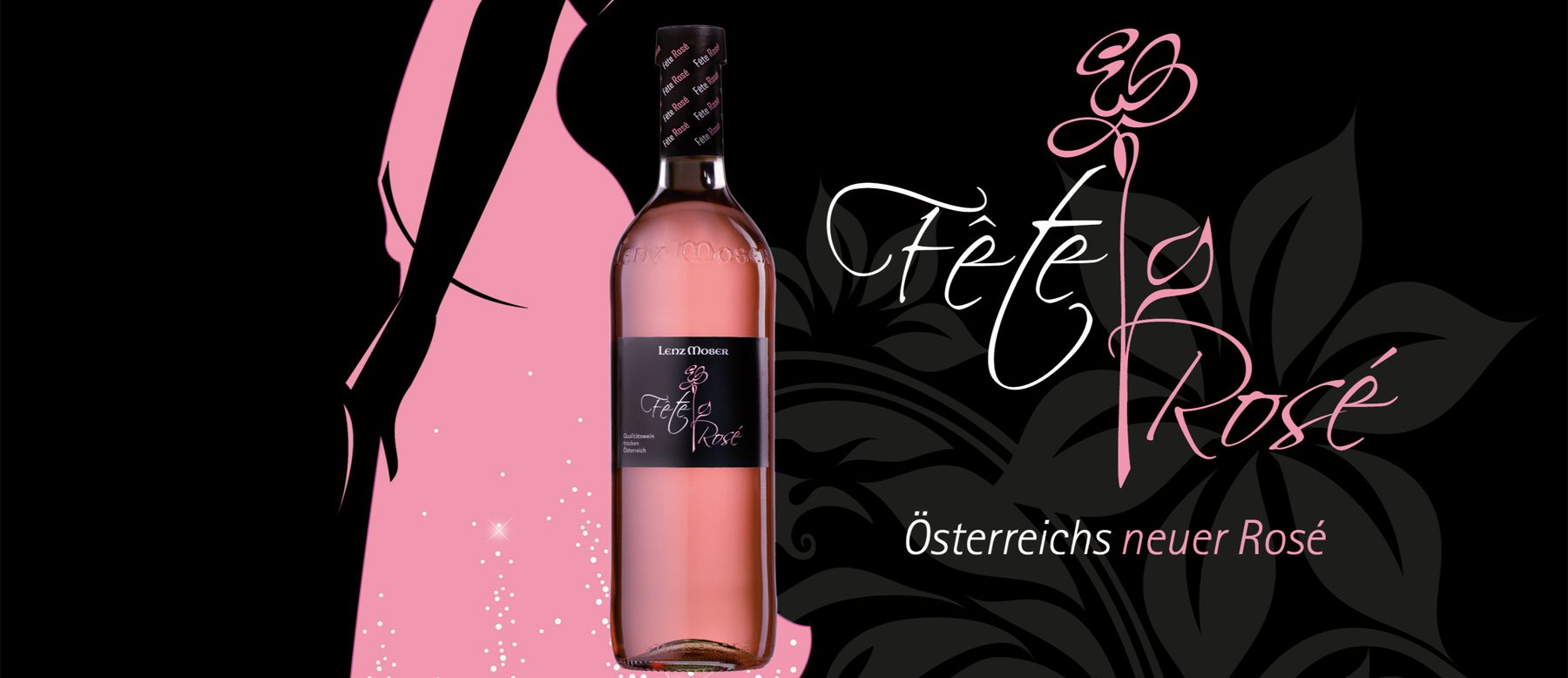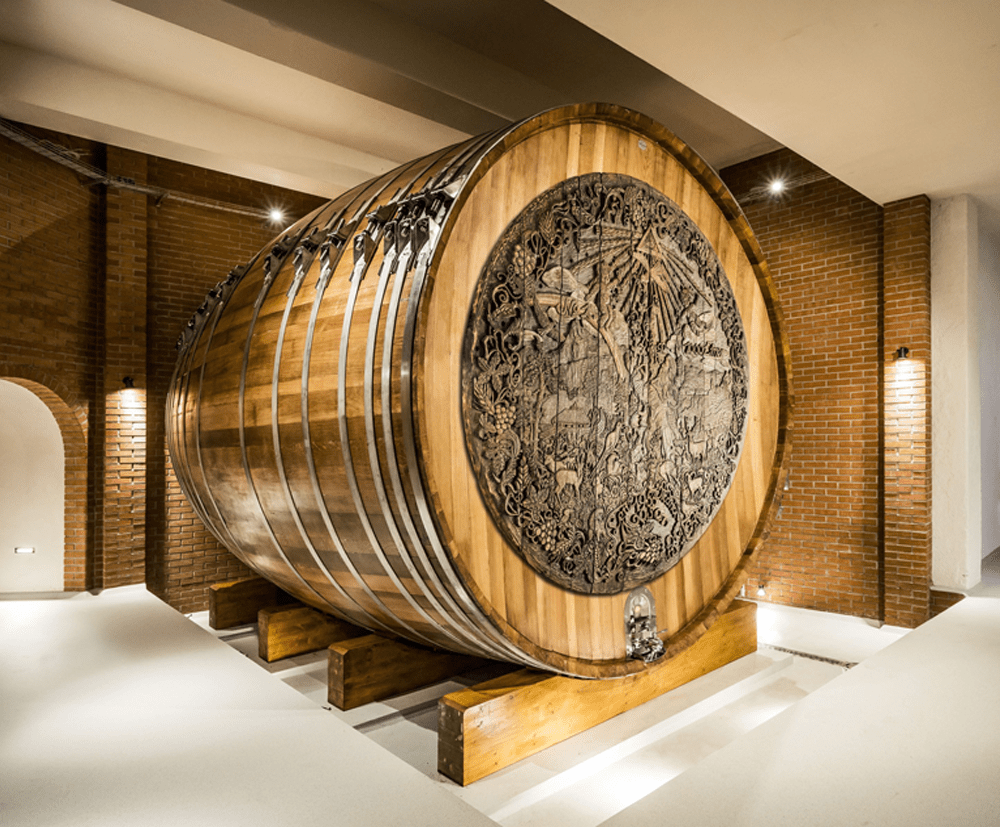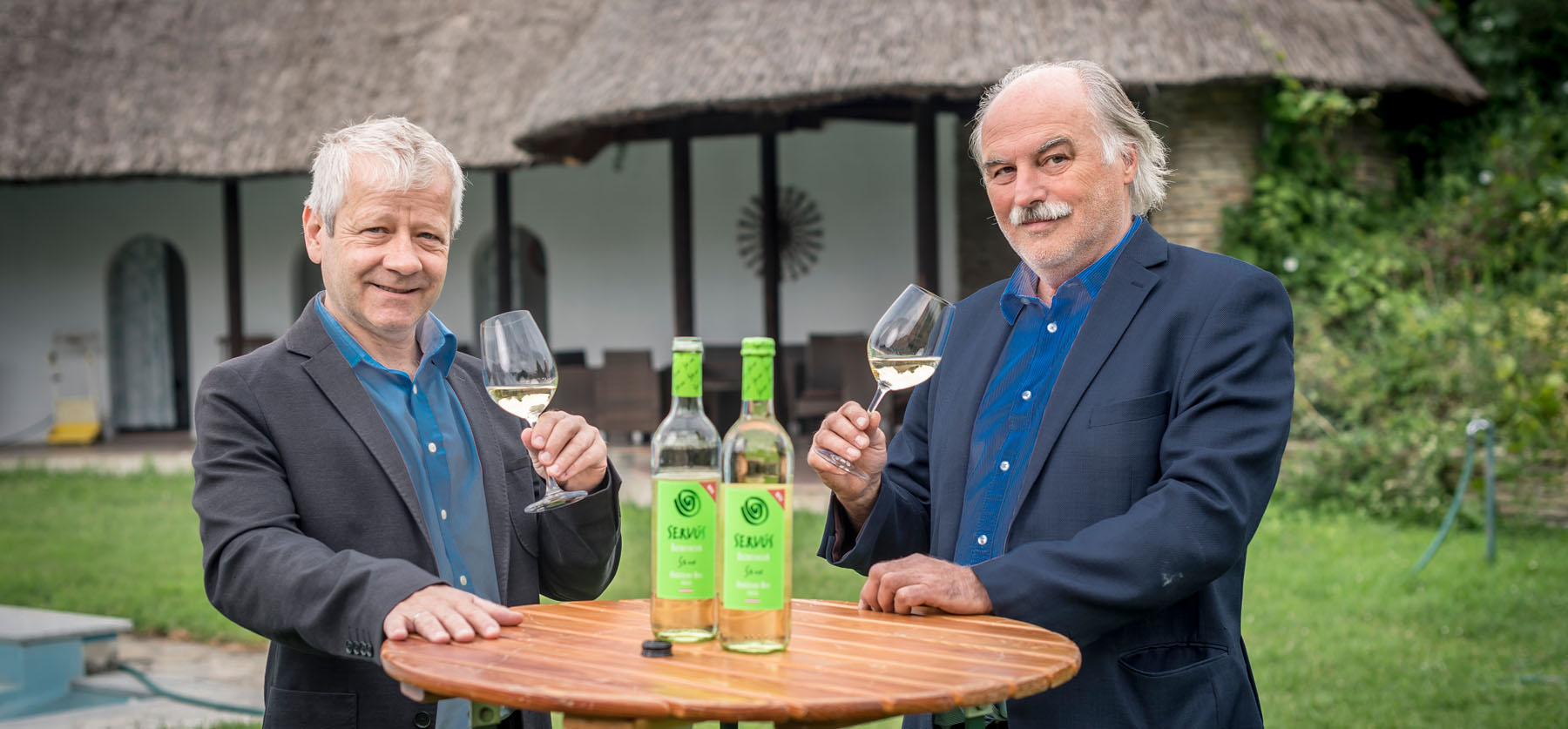Timeline
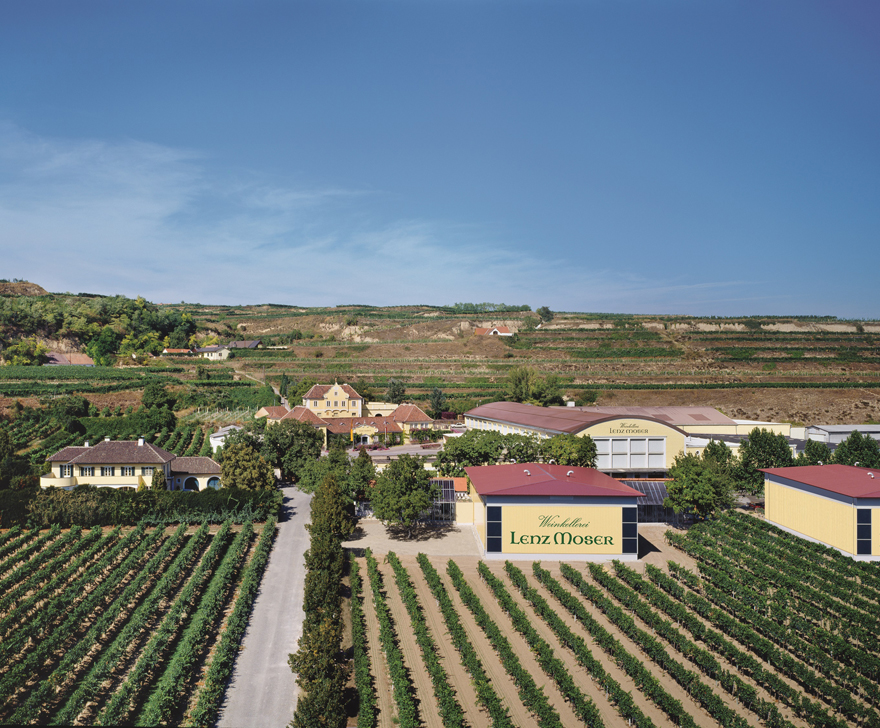
Lenz Moser since 1849
The name Lenz Moser is inextricably linked with Austrian viticulture. The current estate cellar in Rohrendorf bei Krems, first mentioned in written records as early as 1040, is considered the starting point of the momentum behind the fostering of Austrian wine culture. The Lenz Moser winery has been working to promote that culture since 1849. This led to the founding of “Lenz Moser high culture”, which revolutionised viticulture in the 1950s.
That and other pioneering achievements made the Lenz Moser brand what it is today: the market leader in the Austrian quality wineQuality wine is a strictly regulated Austrian wine category ... More market. And as a major exporter of bottled Austrian quality wineQuality wine is a strictly regulated Austrian wine category ... More, Lenz Moser is introducing Austrian wine culture to many countries around the world.

